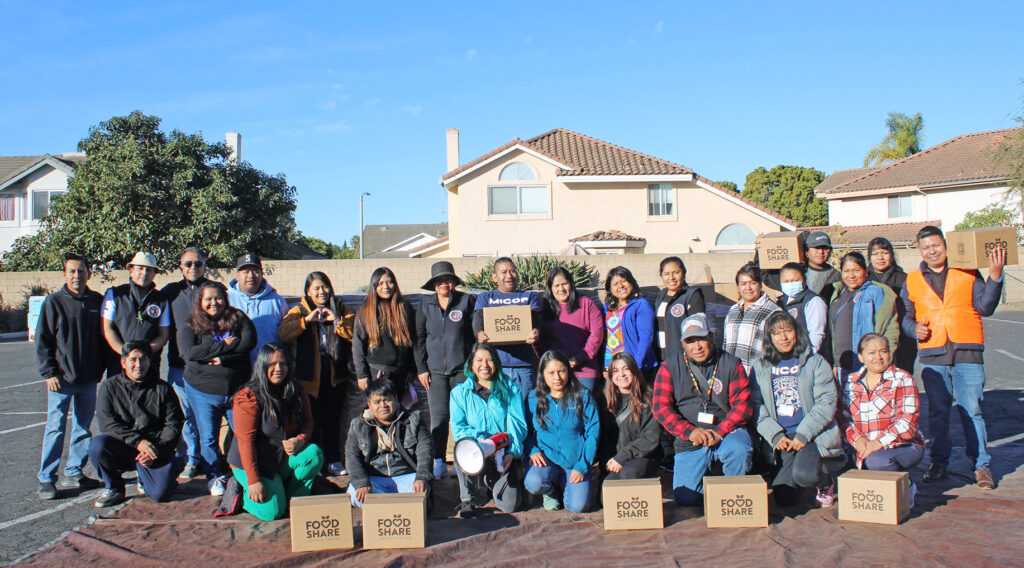Information is Power: MICOP Provides Resources In Indigenous Languages
March 20, 2024Leer en español

For Norma Gomez, a community organizer for the Mixteco Indígena Community Organizing Project (MICOP), the most important thing she can offer her clients is simple: information.
This is because the Oxnard-based non-profit, MICOP offers an incredibly valuable service to an often underserved community: resources about programs, including the California Earned Income Tax Credit and Young Child Tax Credit in indigenous languages.
“More than anything, my passion is to keep the community informed on all the resources available to them,” said Gomez. “Information is power. Knowledge is power. What makes us different from other organizations is that we speak our community’s languages. You can get this information in English or Spanish, but for many of these communities, Spanish is not their native tongue. It’s Mixteco. We are part of that community and want to make sure our community gets the information they need in their language.”
Founded in 2001, MICOP offers translation services for indigenous languages and outreach programs. Their PUENTES program connects Mixtec-speaking promotoras in two local elementary school districts with families and kids, and their ACCESO program focuses on providing developmentally disabled children and young adults with needed services. In addition to all the above services, MICOP also served the community through the COVID-19 pandemic, often being the only source of information about the pandemic in indigenous languages.
MICOP also runs its own indigenous-serving radio station, Radio Indígena 94.1 FM in Oxnard, CA. The station broadcasts information in at least seven indigenous languages, such as Mixteco, Zapoteco, and Purepecha.
Jorge Rios, the station’s manager, talked about how important it has been to spread the word about programs like the CalEITC.
“When we applied for this grant, we knew that much of our community qualifies for tax credits like the CalEITC and Young Child Tax Credit. This was an important benefit for our community that many of them didn’t know about or thought they qualified for. I’ve been able to see us make an impact in the community.”
Norma reiterated that the language barrier impacts the community’s access to resources. Because of this, she has seen the importance of offering resources about the CalEITC in native languages.
“There was a lady who came in to get help and didn’t know she had to file taxes,” she said. Due to the language barrier and fear of the process, she didn’t file her taxes. Once she found out about the Volunteer Income Tax Assistance (VITA) program, she was able to file three years’ worth of taxes for free and get a return she could use on her kids.”
To learn more about MICOP and the work they do, visit mixteco.org.
Note: Norma Gomez’s quotes have been translated from Spanish into English, courtesy of MICOP.